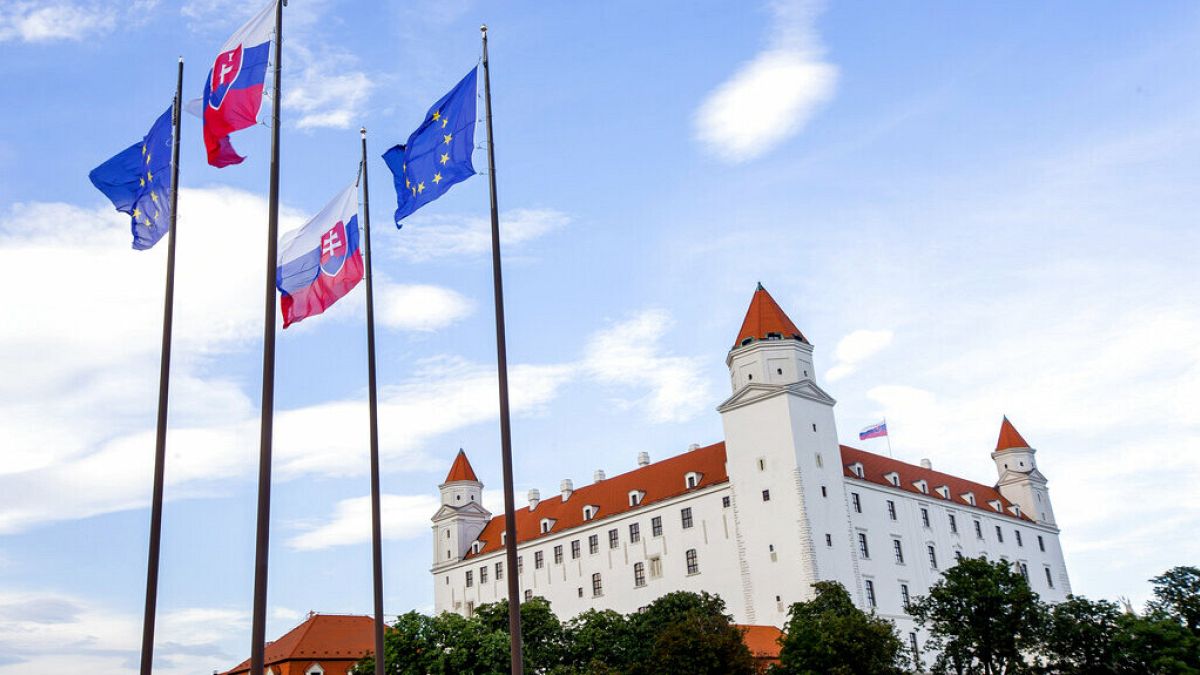A recent proposed amendment to Slovakia’s language legislation has sparked concerns about the rights of the country’s Hungarian population. The draft law aims to crack down on the use of minority languages in public spaces, requiring Slovak text to appear first on public signs and advertisements. The amendment also prohibits the use of minority languages on public transport and in places like post offices, with violators facing fines of up to €15,000. This move has raised fears of a diplomatic setback between Bratislava and Budapest, as Slovakia and Hungary have a history of disputes over minority rights.
Slovakia previously adopted a similar language amendment in 2009, which made Slovak the mandatory language for civil servants and led to tensions with Hungary. However, recent improvements in relations between the two countries have been attributed to similar nationalist stances taken by Hungarian Prime Minister Viktor Orbán and Slovakian Prime Minister Robert Fico. Despite this, Slovak opposition lawmakers and human rights experts are concerned that the new proposal is even stricter than the 2009 amendment and could have negative consequences for businesses and the country’s competitiveness.
Critics of the proposed amendment, such as MP René Parák of the Freedom and Solidarity party (SaS), have labelled it as absurd and nationalistic, arguing that it restricts the rights of the country’s population to use their mother tongue freely. They also express concerns that the amendment could hinder entrepreneurship. However, Slovakia’s Culture Minister Martina Šimkovičová has defended the draft amendment, stating that it aims to solidify the status of the state language and ensure efficient state control over language use.
Hungary’s Foreign Minister Peter Szijjártó has sought reassurance from his Slovak counterpart that any changes to the language law will not infringe upon the rights of Slovakia’s Hungarian minority. Hungarians make up around 8% of Slovakia’s population, making them the largest minority group in the country. The historical context of Hungarian rule over Slovakia within the Austro-Hungarian empire has contributed to ongoing tensions between the two nations regarding minority rights and language use. Slovakia’s Prime Minister Fico’s alignment with Hungary’s Orbán on issues such as Russia and migration has also played a role in recent diplomatic developments between the two countries.
In conclusion, the proposed amendment to Slovakia’s language legislation has reignited concerns about minority rights, particularly those of the Hungarian population. The strict language regulations could have implications for businesses, competitiveness, and freedom of information dissemination in minority languages. While the Slovak government defends the amendment as a means to strengthen the status of the state language, critics argue that it is nationalistic and could hinder minority rights. The ongoing dialogue between Slovakia and Hungary regarding the language law reflects deeper historical and political tensions between the two nations, as well as the evolving dynamics of their diplomatic relations.










